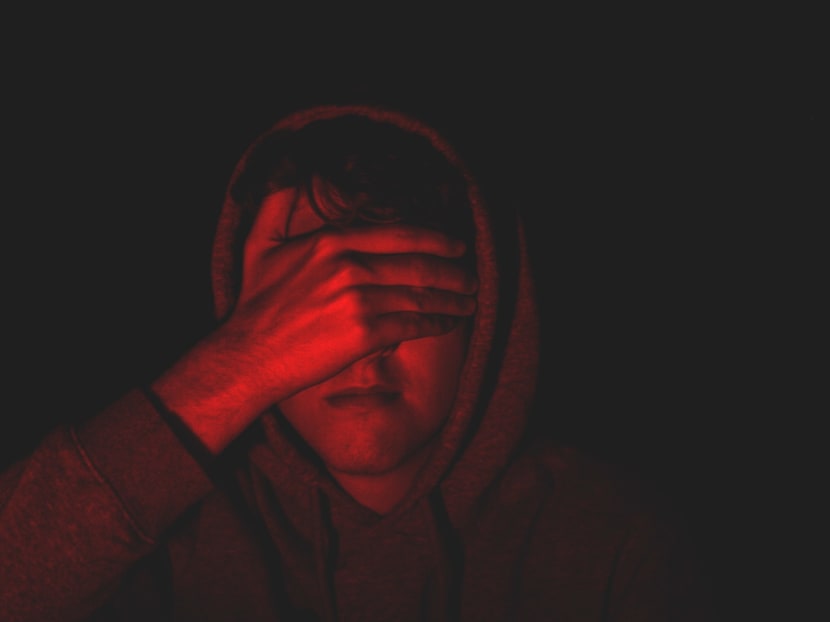Voyeurism problem: Professional treatment needed for both victims and ‘compulsive’ perpetrators
There is no doubt that, with the sophistication of smartphone cameras and micro recording devices, and the easy accessibility of the Internet and proliferation of social media content, voyeurism will become an increasingly serious social problem ("The Big Read: Singapore's voyeurism problem — what's wrong with men, or the world?"; April 27).
There is no doubt that, with the sophistication of smartphone cameras and micro recording devices, and the easy accessibility of the Internet and proliferation of social media content, voyeurism will become an increasingly serious social problem ("The Big Read: Singapore's voyeurism problem — what's wrong with men, or the world?"; April 27).
Urgently needed is public education and education in schools specifically addressing compassion for the trauma of victims, safety behaviour, and articulating the lifetime consequences for perpetrators.
Besides that, more healthcare professionals need training and supervision on how to help victims through their painful journey; and on interventions that enable perpetrators to find recovery from compulsive sexual behaviour disorder (CSBD).
The World Health Organization, in an update of its International Classification of Diseases published last year, said that CSBD is "characterised by persistent failure to control intense, repetitive sexual impulses or urges... that cause marked distress or impairment", although scientific debate is still ongoing as to whether or not CSBD “constitutes the manifestation of a behavioural addiction".
Voyeurism is sometimes misconstrued as a "prank" or a sad, but laughable behaviour. Nothing could be further from the truth.
Voyeurism is sexual abuse, and can be as damaging as abusive physical contact.
Voyeurism is a profound indication of sexual entitlement in the mind of the perpetrator.
There could be a serious, underlying compulsive behavioural disorder — with neurological effects akin to addictions such as gambling, drugs and alcohol use disorders.
In some cases, the origins of CSBD may be similar to other addictions: Genetic vulnerability; childhood neglect or abuse; chaotic or excessively rigid and detached families; peer pressure; mental or physical disorders; co-occurring alcohol or drug abuse; and the influence of the social media.
However, CSBD may also arise from poor (or no) sex education; the pernicious influence of Internet pornography; and the profound isolation and social anxiety arising from Internet gaming.
Persons with CSBD often present with anxiety, depression, shame and self-loathing. This is often a condition worsen by their offending behaviour — but existing well before they started offending.
Treatment for CSBD provided by professionals trained and experienced in the disorder may enable the offender to find remorse and recovery. Incarceration may simply exacerbate the condition.
Singapore must be prepared to address this anti-social behaviour from multiple angles, and professionally treat the victims and the addicted perpetrators.
ABOUT THE WRITER
Andrew da Roza is chairman of We Care Community Services, a charity assisting addicts and their families.










